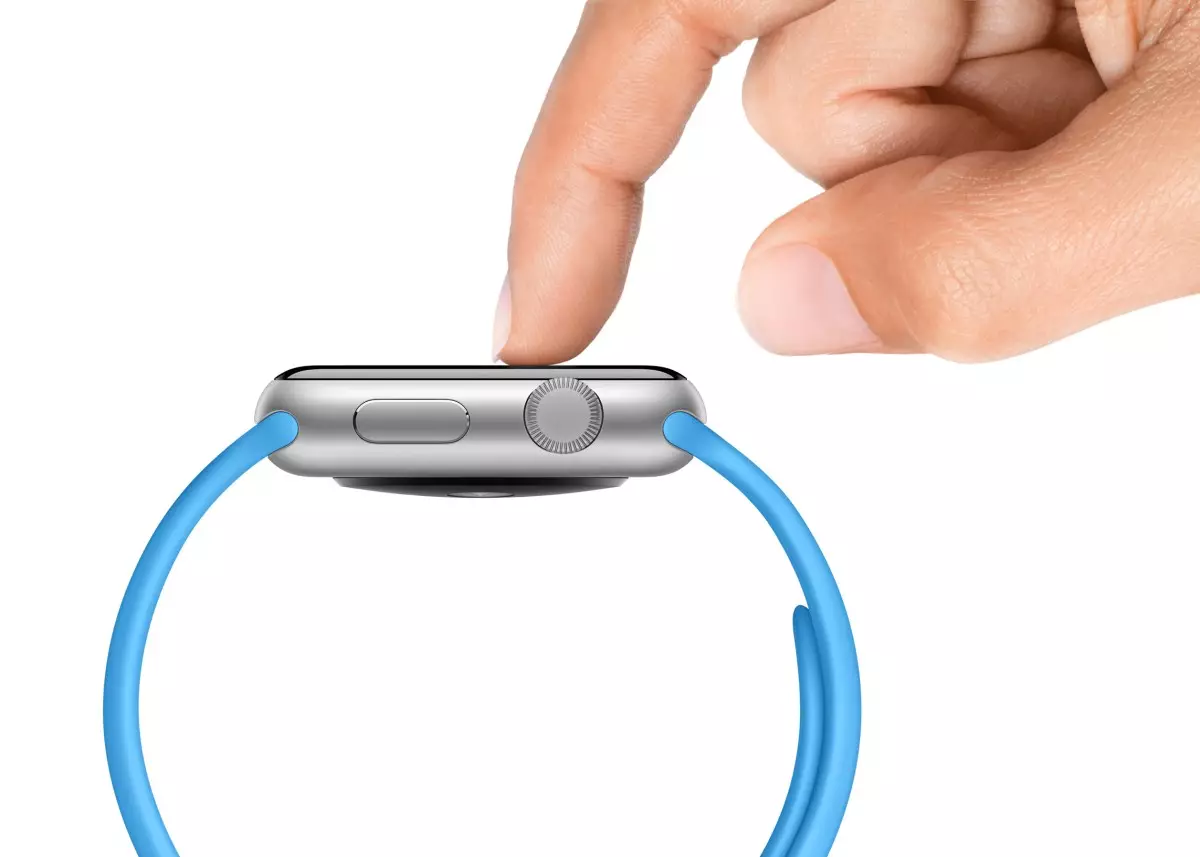In a significant development within the tech industry, Apple has agreed to pay $20 million to settle a class-action lawsuit regarding battery swelling problems associated with the Apple Watch. The initial lawsuit was filed in 2019 at the U.S. District Court for the Northern District of California, highlighting concerns that affected models, specifically the first four versions of the Apple Watch. Battery swelling, a phenomenon resulting from the accumulation of heat and gas within lithium-ion batteries, not only poses functionality risks but could also potentially damage surrounding components in these tightly constructed devices.
Despite agreeing to the settlement, Apple has maintained a firm position against the claims, asserting that the payment was made solely to circumvent the mounting legal costs that had accrued over more than five years. A statement from the company emphasized its denial of the allegations, noting that it believed the watches in question did not experience the battery swell issues cited in the lawsuit. Additionally, the court documented Apple’s strong defensive position, reaffirming that the settlement was not an admission of any wrongdoing or legal misconduct.
In a statement provided to TechCrunch, Apple reiterated its commitment to safety and reliability in its product design, emphasizing that this settlement only applies to older models—specifically the Original Apple Watch, Series 1, Series 2, and Series 3—which are no longer sold in stores. This acknowledgment of past models raises questions about the durability of electronic devices and the expectations consumers have regarding product longevity.
Eligible consumers who experienced battery swelling complaints during the defined compensation window—from April 24, 2015, to February 6, 2024—must have reported their issues to Apple’s customer service to qualify for payouts. The settlement distribution process is designed to be equitable, with affected individuals in the United States receiving notifications via postcard or email. Compensation amounts will vary based on the frequency of complaints, with class action payments ranging from $20 to $50. This aspect of the settlement highlights the complexity of addressing consumer grievances in a structured manner while simultaneously managing corporate legal responsibilities.
Interestingly, this settlement surfaces just a week after Fitbit—a subsidiary of Google—was also penalized, having to pay $12.25 million due to similar overheating issues in its Ionic smartwatch. This sequence of legal repercussions in the wearable tech sector indicates an industry-wide scrutiny of battery safety and customer satisfaction.
While Apple’s $20 million settlement might appease some customers, it inadvertently shines a spotlight on larger questions regarding product reliability, corporate accountability, and consumer rights in the face of potentially hazardous technology. As smart devices continue to integrate into everyday life, the scrutiny on their safety and performance will likely intensify, posing greater challenges for tech giants in maintaining consumer trust.

